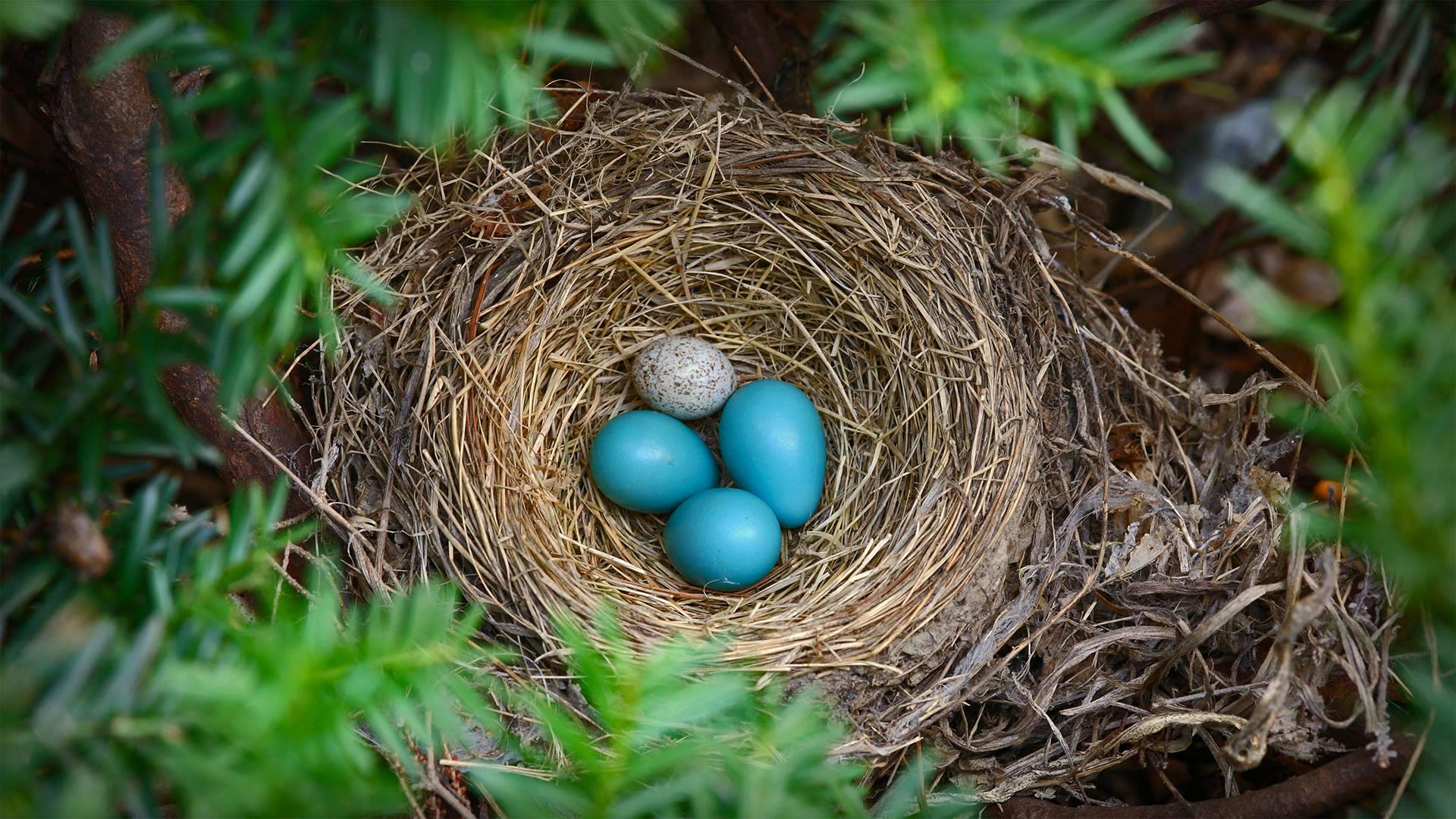Saudi Arabia Implements State-of-the-Art Incinerator to Combat Waste Management
Saudi Arabia, the largest country in the Arabian Peninsula, has been making significant strides in recent years to address its waste management challenges. With a growing population and rapid urbanization, the Kingdom has seen a steady increase in municipal solid waste generation, leading to concerns about environmental pollution, public health, and land degradation. To tackle this issue, the Saudi government has invested in modern waste management technologies, including the implementation of state-of-the-art incinerators.
The Kingdom’s efforts to combat waste management issues are driven by its commitment to sustainable development and environmental protection. By investing in advanced waste management solutions, Saudi Arabia aims to reduce its ecological footprint, minimize the environmental impact of waste disposal, and promote a circular economy model that emphasizes resource conservation and recycling.
One of the most notable initiatives in Saudi Arabia’s waste management strategy is the implementation of a state-of-the-art incinerator in the city of Riyadh. This cutting-edge facility is designed to efficiently and safely process municipal solid waste, providing a sustainable alternative to traditional landfill disposal methods. The incinerator is equipped with advanced air pollution control systems to minimize emissions and comply with stringent environmental regulations, ensuring that the facility meets international standards for environmental performance.
The implementation of the state-of-the-art incinerator in Riyadh represents a significant milestone in Saudi Arabia’s quest for sustainable waste management solutions. The facility is expected to play a key role in reducing the volume of municipal solid waste that ends up in landfills, while also generating clean energy through the combustion of waste materials. By converting waste into energy, the incinerator will contribute to the Kingdom’s efforts to diversify its energy sources and reduce its reliance on fossil fuels.
In addition to its environmental benefits, the incinerator in Riyadh is also expected to create opportunities for economic development and job creation. The construction and operation of the facility have already generated employment opportunities for local residents, while the sustainable energy output from the incinerator is expected to contribute to the Kingdom’s energy security and resilience.
The incinerator in Riyadh is part of a broader waste management infrastructure that the Saudi government is developing across the country. In addition to advanced incineration facilities, the Kingdom is also investing in recycling plants, composting facilities, and waste-to-energy projects to create a more comprehensive and sustainable waste management system.
Frequently Asked Questions:
Q: What is the purpose of the state-of-the-art incinerator in Riyadh?
A: The incinerator in Riyadh is designed to process municipal solid waste in a sustainable and environmentally responsible manner, while also generating clean energy.
Q: How does the incinerator work?
A: The incinerator uses high-temperature combustion to break down waste materials, while advanced air pollution control systems minimize emissions and ensure compliance with environmental regulations.
Q: What are the environmental benefits of the incinerator?
A: The incinerator reduces the volume of waste that goes to landfills, minimizes environmental pollution, and contributes to the Kingdom’s energy diversification efforts.
Q: What is the economic impact of the incinerator?
A: The construction and operation of the incinerator have created job opportunities for local residents, and the sustainable energy output from the facility contributes to the Kingdom’s energy security and resilience.
Q: How does the incinerator fit into Saudi Arabia’s waste management strategy?
A: The incinerator is part of a comprehensive waste management infrastructure that includes recycling plants, composting facilities, and waste-to-energy projects, aiming to create a more sustainable and circular economy model.
In conclusion, Saudi Arabia’s implementation of a state-of-the-art incinerator in Riyadh represents a significant step forward in the Kingdom’s waste management efforts. By investing in cutting-edge technologies and sustainable solutions, Saudi Arabia is demonstrating its commitment to environmental protection, resource conservation, and sustainable development. The incinerator is expected to play a key role in reducing the environmental impact of waste disposal, while also contributing to the Kingdom’s energy diversification and economic development. As part of a broader waste management strategy, the incinerator exemplifies Saudi Arabia’s dedication to addressing its waste management challenges in a comprehensive and sustainable manner.
Saudi Arabia Implements State-of-the-Art Incinerator to Combat Waste Management




